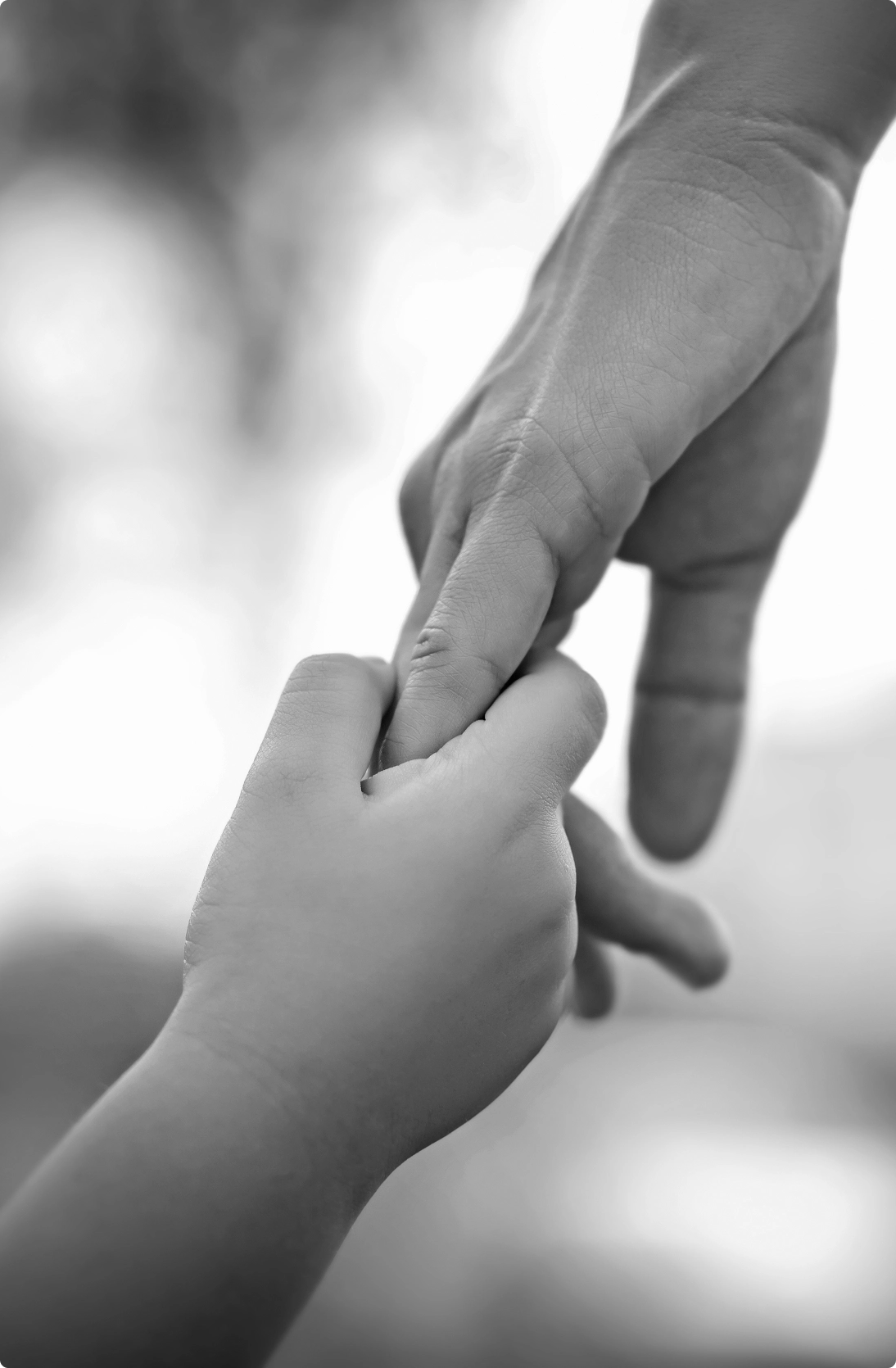
When relationships end, decisions about where children will live and who will make meaningful choices about their upbringing become a priority. Ideally, guardians should make these decisions collaboratively, but if they cannot agree, a Judge can make a determination. Both the Family Law Act and Divorce Act emphasize that all decisions must be made in the child’s best interests, considering a myriad of factors, including but not limited to the child’s history of care, their views and preferences, and the benefit of maintaining relationships with both parents.
Colborne Allyjan Law assists clients in reaching resolutions with their former spouses or partners and, when necessary, vigorously represent their interests in Court. Our lawyers understand the unique needs of each family and work to negotiate co-parenting terms that prioritize the child’s well-being.
Since every family has unique needs, various custody and access arrangements need to be tailored to fit each family’s particular circumstances. A child may primarily live with one parent while the other has limited but regularly scheduled parenting time. In other situations, a child may split their time equally between both parents. In some cases, one parent may be entirely barred from contact with the child.
In Alberta, child custody entails joint or sole decision-making responsibility, allowing parents to have influence on major decisions regarding the child’s well-being, education, religion, and upbringing. All decisions are made with the child’s best interests as the primary consideration.
If one parent is granted primary care, the other parent is still entitled to see the child and request information about the child’s care and well-being. Before making any decisions, it’s important to understand all access options—reasonable, conditional, supervised, specified, and no access.
Grandparents who have lost access to their grandchild as a result of the death or the divorce of the parent can file an application to restore their visitation to the child. If a preexisting relationship does not exist, or in any other circumstance the grandparent will need to seek leave of the court prior to filing the application.
Where the children have been removed due to safety concerns, our team is well versed in representing clients to navigate the child welfare process. This is a very complex and often tremendously emotional proceeding where competent and capable counsel such as the lawyers at Colborne Allyjan Law can help maximize the potential for a positive outcome.
Guardianship grants individuals the legal authority to make important decisions about a child’s upbringing, including their education, health, and general welfare.
Choosing the right family lawyer is a critical step in navigating legal challenges with confidence. Family Law is a dynamic and delicate practice that demands compassion, care, and communication. Our lawyers handle each case collaboratively, leveraging over 50 years of experience from the day of your free consultation to when your file becomes closed. Our initial consultation is designed to listen to your concerns, understand your goals, and offer clear, thoughtful guidance. We work hard to build a trusting relationship and offer the dependable support you need to move forward with peace of mind.
Decision-making responsibility, which used to be called ‘custody,’ is the legal right of a parent to make important decisions about their child’s life. These decisions can be about their education, health, religion, and other significant aspects of their upbringing.
Parenting time, previously known as ‘access,’ is the specific amount of time a child spends with each parent after they separate or divorce. This arrangement ensures that both parents continue to play an active role in the child’s life.
Grandparents do not have an automatic right to see their grandchildren. However, the Court may grant access if the grandparent can demonstrate that maintaining contact is in the child’s best interests.
A parent cannot decide to move away with a child unilaterally if it impacts the other parent’s parenting time. The parent wishing to move must apply to the Court, which will consider whether the move is in the child’s best interests before granting permission.